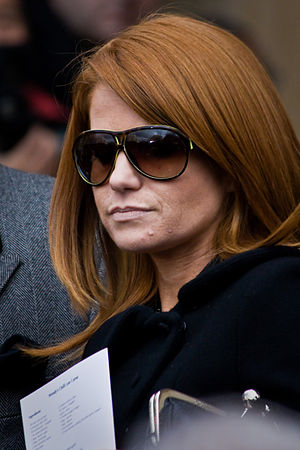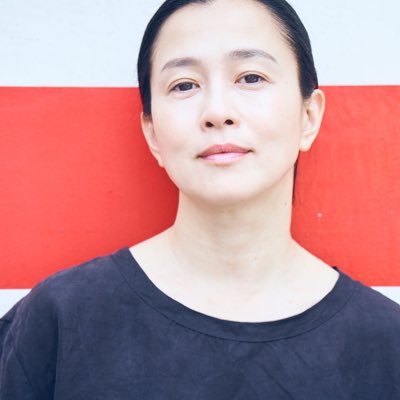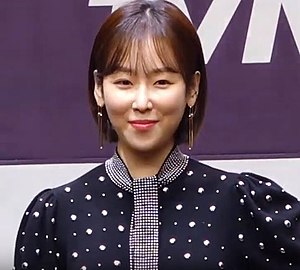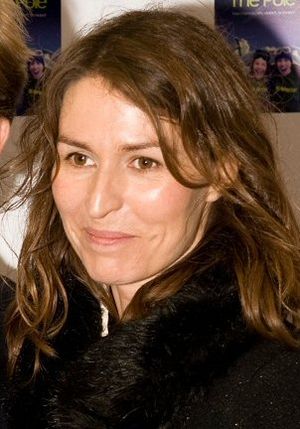Born and raised in a dysfunctional, lower middle class home in the South Bay community of Southern California, Deborah Driggs was a lonely latchkey kid whose parents both worked long hours. At the age of seven she discovered a love for ice skating and began taking lessons at a local rink, where by the age of ten, I was a competitive figure skater. Deborah learned the value of discipline at an early age: her mornings began at 4 a. m. where, for two hours she would practice "figure 8's" before starting her school day. On Saturdays, she also took ballet lessons, although her dream was set on becoming an Olympic figure skater at age eleven. By working on herself under these demanding conditions, Deborah learned self-discipline, consistency, dedication and time management skills which would help her to achieve great things in life, later on. Despite her commitment and hard work, everything changed when she was fourteen after her parents divorced and she was told she would be living with her father. Not only did this affect her career goals, but she was forced to leave private school and enrolled in the toughest public schools in Hawthore. Furthermore, her father had no interest in providing her with guidance or financial support. The divorce took its toll on her, emotionally and physically. Having been involved in athletics up until that point in her life, Deborah now had no outlet to express herself and no allowance to buy clothes, books, or food. The only option she had was to find a job that she could work after school. Her first job was working at a cemetery where she created flower arrangements and placed them on graves. That was followed by work at a fast food restaurant, and then, as a clerk in a drug store, working until midnight most evenings and then walking home, alone, through unsafe neighborhoods. Before long, her school work suffered and when graduation time approached, she learned that she was not eligible to graduate because of missed classes in Government Studies. Intent on doing whatever it took for her to meet the requirements, Deborah negotiated a deal with her teacher to write a thesis on the classwork she had missed by the following Monday. While the content of the paper may have been less than par, her teacher was so impressed with her efforts that he gave her a passing grade so that she could graduate high school. By working her way through high school, Deborah learned how to solve her own problems rather than depending on others' help. Along with her negotiating skills, she learned how to get hired for a job. Rarely, if ever, was she turned down for anything she tried out for. When faced with a challenge, she was always ready to figure out what was required of her to move forward. With her willingness to complete her coursework, she realized that she could accomplish almost anything. She also realized that she possessed the ability to negotiate with adults which created the basis of her business success in never taking "no" for an answer. Another lesson she learned during her high school years was that even if you are the minority - with less money, less education, or the 'wrong' ethnic mix, you can still make friends and find a way to fit in. Once again, Deborah's athletic ability came into play when she made it on the Song Leader/Dance Squad for her school. After being accepted at Saddleback College, Deborah quickly tried out for that school's eminent Dance Squad and made it after competing against 100 other young women. However, with her low grade point average, she was put on academic probation and told that she would be dropped from the Squad if she didn't earn a 3. 0 grade average. Deborah took this as a personal challenge and with an earnestness to succeed (and not willing to be defeated), she earned a 3. 5 GPA, making in on the Dean's List. And by the end of that year, she was also elected Home Coming Queen and befriended by young men and women from affluent Orange County families. Competing on the Squad was Deborah's entre to a new world where she met young woman from affluent backgrounds. Through these friends, she learned about an audition for cheerleaders for the new, United States Football League (USFL). Deborah decided to try out and drove to Los Angeles with a friend to compete before a panel of professional judges. Against all odds and with 2,000 others competing for the Cheerleading Team, Deborah made the final cut. In fact, her routine was so outstanding that it was featured on several local TV news channels. At the age of 18, she joined the USFL Squad whose routines were then being choreographed by Paula Abdul. In her second year of college, Deborah was recruited to work as a Flight Attendant by American Airlines where she got to travel and meet exciting people from all walks of life. Trained and housed at their Dallas, Texas home base, she began building contacts with wealthy businesspeople and learning that she didn't want to settle in life. However, the excitement of the entertainment world appealed to her still and when she was asked to go on tour to Japan with some of the L. A. Express cheerleaders, she jumped at the opportunity. To do so, she gave up all her benefits as a flight attendant, packed a bag and went to Japan for six months. That tour led to her being signed by a talent agent and the beginning of a career in modeling and commercial advertising work. As her career grew, she was signed by more prestigious talent agencies including Sutton Barth & Vennari (SBV) and signed with a manager, Marv Dauer, who expanded her commercial and theatrical work, globally. In 1983, she signed with the Mary Webb Davis modeling agency which developed her as a professional in entertainment leading to a magazine covers and centerfold of the month for Playboy, as well as other industry magazine covers in the health and wellness and movie trade. Her previous work included TV commercials (automotive & other industries), guest spots on soap operas (General Hospital and Santa Barbara), TV pilots, and small bit roles in movies and rock videos. In fact, she launched the Playboy Channel's "Playboy Hock Rocks" show and was its first VJ, a gig that she held for six months. By the time she was in her late 20's, Deborah was earning hundreds of thousands of dollars a year but without financial planning or financial advice, her savings did not last. Her career plans changed when she met her future husband, Mitch Gaylord, an Olympic Gold Medal Athlete. At the time, she was working on developing her craft through the Meisner Intensive program to audition for better parts in films. While she had already dated some of Hollywood's A List, Deborah realized she wanted a family and she and Mitch were married and later had three children: a boy and two girls. Deborah's family settled in Park City, Utah where she built a new life as a mother.






